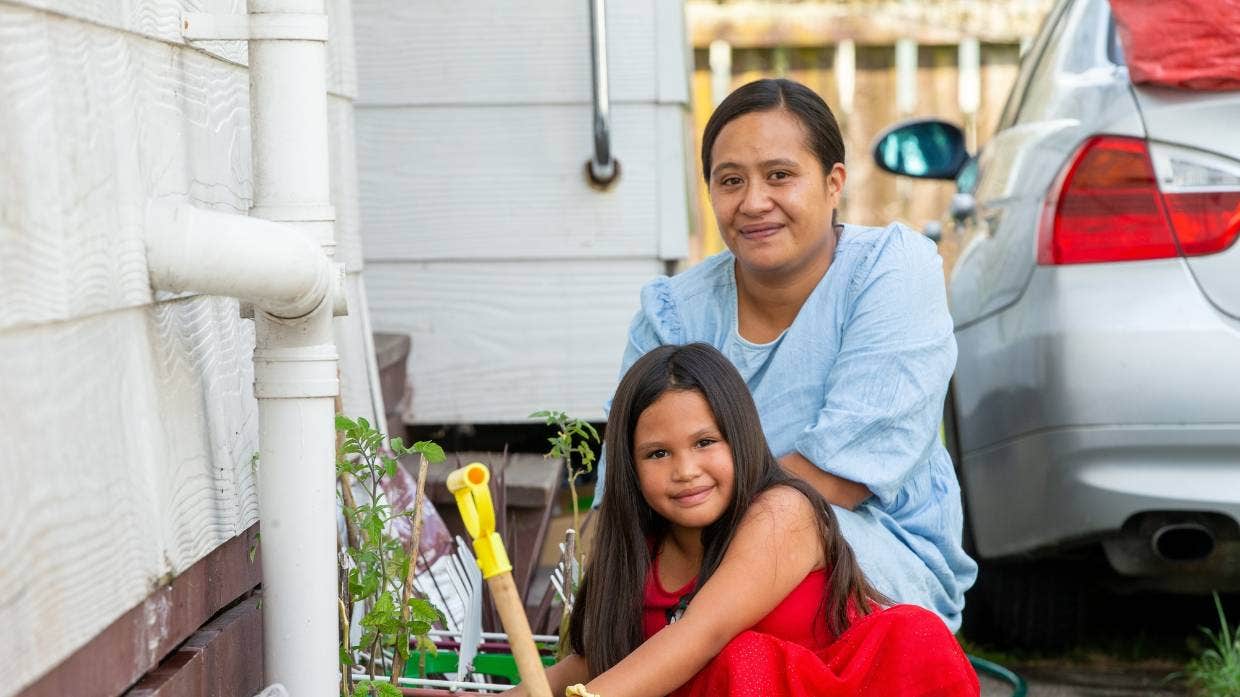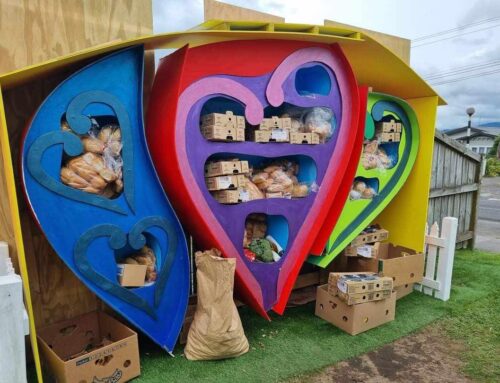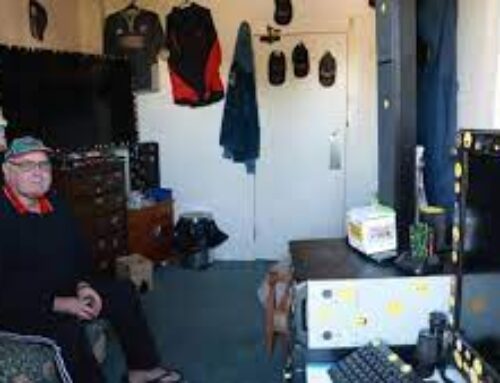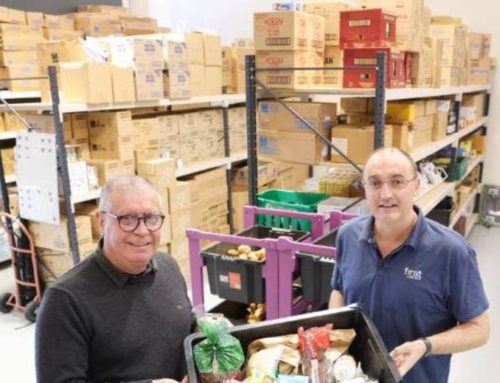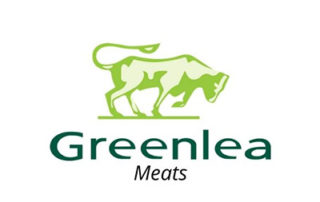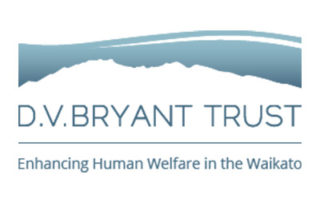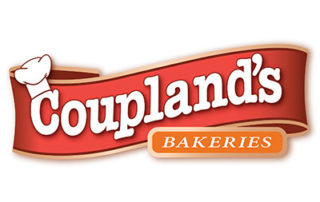Catherine Ruakere knows when powdered milk rose from $9.99 a kg bag to $12.99. She has to know that sort of detail; it’s about making ends meet.
She and her Hamilton family of five had already switched from fresh milk to powdered because it was cheaper. Then, after the pandemic started, in about September 2020, she saw the price jump.
Eighteen months later, she still remembers it because of the size of the increase.
“That one just blew me away. Because I was like, hang on a minute, that’s a jump of $3.”
Catherine Ruakere is telling her story, but it is also the story of any number of New Zealanders. It doesn’t matter how sensible and smart you are – and Catherine has both of those qualities in abundance – life on a tight or low income is tough, and it’s getting tougher.
Caught by rising food prices, particularly fresh produce, families like the Ruakeres got little from the Commerce Commission in its long-awaited report this week into New Zealand’s supermarket duopoly.
The commission estimates Countdown and Foodstuffs are making about $430 million a year in excess profits but decided against recommending sell offs of stores to open the market to competition, opting instead for lighter measures.

Meanwhile, food prices rose 2.7 per cent in January, their largest increase in five years, according to Stats NZ, with vegetables up 5.9 per cent. Add rising fuel, power and housing costs, and the squeeze is intense.
Berl economist Urvashi Yadav says food price inflation has been increasing since at least 2016. “And since the pandemic started, it’s just skyrocketed.”
Fresh vegetables and fruit are leading the charge. Even pre-pandemic, Catherine Ruakere was economising on fresh produce.
“I’d always buy everything before I bought the fresh fruit and vegetables. Making sure I had pasta and tinned tomatoes because pasta and tinned tomatoes and a tin of fish, well that makes a meal.”

When she has enough money, she buys a $15 pack from the Western Community Centre’s fruit and vege co-op – two packs if she can afford it – to last them a week. She doesn’t know how manager Neil Tolan gets them at that price, but last week’s bag had half a dozen each of bananas, pears, apples, carrots and kūmara, along with a head of cauliflower.
As for meat, it’s about buying chicken, sausages or mince, and adding tinned vegetables to make it go as far as possible.
They treat themselves to fish and chips now and then, or a coffee at Starbucks. “Sometimes you’ve just got to splash out. And so you look at the food budget and you go, oh, I’ve got $160 this week. Right, well let’s take some of that out, and let’s have fish and chips and then spend the rest on the groceries.”
But it all depends on the money, and once rent of $340 and bills are paid she has about $40 every couple of days to feed herself, husband John, who is a butcher, and their three teenage children, Ruth, 17, Andrew, 16, and Samuel, 14. That’s every couple of days because otherwise the kids, being kids, are likely to wolf down what’s there and leave them short until next pay day.

Right now, however, she has to rely on others to shop for her – Ruth is just getting over Covid, Samuel has had it and is over it and Andrew has just tested positive. The family went into isolation on February 14, and Catherine’s own test comes back positive while talking to Stuff.
She is admirably stoic. “Oh well, it’s life. At least, hey, if we get it over and done with now we’re not going to get it later in the year, fingers crossed.”
Her mum has done a grocery run for them, and a friend is also doing a grocery shop for her.
Neil Tolan from the Western Community Centre has arranged for left-over school lunches to be dropped off, as has also happened at times in the past. “Yesterday was chicken burgers, and they [the children] just hoed through those.”
You get to know the organisations that can lend a hand. There’s Vinnies (St Vincent de Paul) in Frankton and there’s St Mark’s Anglican Church on nearby Dominion Road. Catherine phones St Mark’s maybe once every six months, when the pantry’s bare and it’s still five days till pay day. They’ll drop off the likes of a packet of coffee, sugar, tea and Weetbix along with a couple of tins of something.
Remarkably, Catherine and John plan to help the Nawton food pantry when they’ve got some money. That’s because the pantry dropped off four bags of food during the family’s first week in isolation. “It was an absolute blessing. So when we get enough money, we’re going to put some money back into their coffers to say thank you, and here’s to help other people.”
When not in isolation, Catherine shops at Countdown on Liverpool St – she’s done the comparisons and it suits her better than the nearby Pak’nSave. From time to time Countdown will do three meats for $20, a small tray each of the likes of chicken drumsticks, sausages and diced pork. “You try to make it last, and if you’ve got enough vegetables you might make one into a stir-fry with rice or you add it with pasta.”

Catherine has found a “lovely” rice pudding recipe using eggs. When she has enough milk powder, that can sometimes become dinner for the family.
“There’s times if we’ve got apples and they’re going off I’ll make an apple crumble and that’s our main meal as well.”
She sounds like a good cook, being able to pull ingredients together like that. She laughs. “Yeah, I like to think of myself as a celebrity masterchef! You know, here’s a whole pile of ingredients. What can you make that’s edible out of this?”
Not that the ones on TV would be dealing with “manky” vegetables to use up. “But that’s okay, we do what we can.”
Covid may have had an impact, but the economising has been happening much longer. Holidays are a rarity. They’re a one-car family these days, and John, a qualified butcher at a supermarket, starts his shift at 4.30am. Catherine gets up early to take him so she can have the car during the day to ferry kids around and go to work herself, as an education support worker for children with special needs at kindergartens. The job suits because it fits in with the kids’ school days, but the hours vary from term to term depending on how many children she is supporting. She says she feels “exceptionally lucky” that in the 10 years they’ve been in their three-bedroom home, the owner has never put the rent up.
As for the future, Catherine is concerned about the cut to Family Tax Credits when Ruth turns 18 in July. And the dream of owning their own home is receding. “You think, ‘Am I going to get out of this? Am I going to survive?’ We know that in the long run we are possibly not ever going to own our own home.”

There are any number of graphs to chart the rising cost of living that the Ruakeres are grappling with. Few of them chart the human hardship. One that does, or would if it were graphed, is the number of food parcels Vinnies are distributing.
Seven years ago, the annual figure was 168. Last year the figure was 3516. This year, general manager Mike Rolton says they are on track to reach 5000.
The people they see are having to choose between putting food on the table or fuel in the car, while also facing rising power bills. They are having to make such decisions on a daily basis, he says. Supermarket shelves aren’t always full, and vegetables and red meat have been priced out of reach for a lot of the people Vinnies deal with.
“Our foodbank is inundated with requests for help all the time now.”
With that comes a well honed operation at Waikato’s biggest foodbank, which pumps out a parcel every five minutes from 10.30am onwards, with recipients given a time to arrive for the click and collect service. Even the packs are diverse, catering for different cultures. Some cultures prefer sliced bread, others like those from the Middle East and India prefer flour to make flat breads. It saves money for Vinnies and saves waste. “They’re really popular.”
Rolton says about 35 percent of their clients at the moment are first-timers who may have lost their jobs or had hours reduced, and they see some households where two or three families live together so they can afford the rent.
He is frustrated by the Commerce Commission report. “I think it’s pretty poor. I’m actually disappointed that they didn’t come out with a big stick, like they promised they would and really take them [supermarkets] to task,” he says. “The soft approach they’ve taken, it’s not really going to help the people in need.”
He stresses, however, that Pak’nSave Mill St have always been “fantastic supporters” of Vinnies.

In Morrinsville, Bronwyn O’Sullivan runs a foodbank based at the Baptist Church that has been in existence for 32 years, a longevity that she credits to its flexible approach.
O’Sullivan, who started at the Ezekiel Trust Budgeting and Food Bank two weeks before the first lockdown, says before Covid they were giving out about four food parcels a week. Now they are doing up to 10 a day, with a monthly average hovering around 100.
The daily number jumped to four when Covid first hit but she says towards the end of last year they began getting a lot of new clients, including some who had chosen not to get the Covid vaccine and had lost their jobs.
People may be just a couple of traumatic events from not being able to pay the bills, she says, whether that’s a job loss or some other unforeseen change of circumstances. “You’ve got food prices going up, petrol prices going up. And for people who are just on the edge, one of those things will tip them over.”
She says some Morrinsville families have ended up in emergency accommodation because landlords couldn’t afford to bring rentals up to the Government’s “beautiful” standard. “There was nothing wrong with the homes here in Morrinsville, but they’ve sold them, so now there’s no rentals available.” Emergency housing may be in places like Hamilton or Tirau, a long way from their kids’ schools. “So then they’re having to transport the kids from the emergency housing to school every day. And they don’t get petrol money.”
The service makes no judgment of those who come through its doors. It’s hard for people to make that first approach, and O’Sullivan reassures them they’ve done a good thing. “Because tonight there’ll be food on the table for the kids or for them, or for the grandparents or whoever they’re helping.”

Some get past a tricky patch and are good to go. Others need more support.
“The really scary thing that started happening recently, people are going into debt for food. They’re going to loan companies and borrowing $1000 because they think, okay, we can be all right, we’ll pay for food, and then we will sort out the rest of life in a month’s time,” she says. “New Zealanders have never done that.”
It is a symptom of a country not coping, she says. “There’s something going wrong somewhere. If people have to borrow money for food, that’s not healthy.”
Covid has played a part but she describes the pandemic as more like a magnifying glass. “It’s just shown us in big form what was already there happening, and we didn’t quite know it or feel it the same way.”
Somewhere along the way, the algorithm has gone wrong. “People have been saying for years our social welfare system isn’t doing what it was designed to do, but no one seems to be looking at it. And it’s not pointing a finger and blaming – it’s not the management did this or the people on the ground did that.
“It’s somebody who can be neutral and sit back and go, ‘what did we design this for? And why isn’t it doing it?’ Because I think if people ask those questions honestly, they would go, ‘oh, my goodness, why are we doing that?’”
She cites a mother who came in with a new baby. She had had to stop work and go on maternity leave, with a drop in income making things tight for her and her partner. Her baby fell sick and she went to Work and Income who, after initially telling her she didn’t qualify for a grant, then realised her need was urgent and gave her $100. But that money had to go straight onto the baby’s emergency needs, leaving her still with no food. “So she comes down to see me and pours her heart out. She feels like a failure. Because, you know, a mother’s supposed to be able to look after her kids.”
O’Sullivan says a lot of the people they deal with are really resourceful. “They know how to stretch a meal, they’re not all people that don’t know what they’re doing. They are amazingly intelligent people.”

One who has been tapping into the Morrinsville service is Tahuna woman Ruth Bell. She and her partner have been using the foodbank since just before Christmas. “I hated asking, but they said to me that I did the right thing.”
She says they are using the foodbank fortnightly, getting provisions like a dozen eggs, tins of tomato sauce, pasta, flour, coffee and tea. “It’s amazing how much that helps.”
This is new for them; they had to raise an unexpected loan just before Christmas and it squeezed the budget. Ruth has worked as a cleaner in the past, but not for some time after a work accident, and her partner is on superannuation. They both have health issues that restrict their diet, and sometimes that means she’s forced to buy more expensive options when the cheaper options have been cleaned off the shelves.
Normally, she drives fortnightly to Hamilton, where she has family, and shops at the Dinsdale Countdown where she finds she gets more for her money than in Morrinsville. But they haven’t been for a couple of months. “Just lately it’s been not achievable because we just don’t have the money for gas.”

Everything’s going up, she says, even fruit and vegetables – “it’s unbelievable how much that has gone up”.
Ruth has been growing her own tomatoes and apple cucumbers, but a knee operation has limited her mobility so she hasn’t been able to grow the other vegetables she normally would to help them meet their budget – $90 a fortnight for food after paying their bills, she says. Rent for their two-bedroom home is $300.
“You buy what you can and just make do with what you’ve got. You have to.”
They are likely to continue to need the foodbank for a while. “To be honest, I’m really worried. Because we are struggling that bad that I can’t see how we’re going to have the money to get wood for our fire for the winter.”

Back in Hamilton, young mum Te Ao Marama Newton shops at her local Nawton Countdown. She has just started an admin support job at the DHB, and is loving the experience after being a stay-at-home mum for a few years. It is also helping to meet food costs.
As a shopper, Te Ao Marama wants to know she’s paying what something’s worth and she weighs up quality as well as price. She never used to read the labels, but she does now. “I try to know I’m putting good stuff in my kids, not rubbish.”
Like others, she is “definitely” noticing rising prices, as well as sometimes having to get a pricier option because the shelves are poorly stocked. “It makes it a little bit more tough on the card when you do the swipe. But obviously, if you need it, you need it, and you pay for it.”
Currently, the family are enjoying Hello Fresh meals, courtesy of a voucher that was gifted to them. “I thought, I’m busy, shopping’s really out of my way. And I really do want to cook, you know, I’d rather cook for my family. So I thought I’d try it.”
But the fresh produce has been a little disappointing, and that has led her and her daughter Amiria, 6, to start their own garden. They’ve got spinach, lettuce, carrots, broccoli using planter crates Amiri’s nan gave her. The garden is partly about making sure they are eating fresh, and partly with an eye to saving money.
She and her partner, who also works full-time, have four children, Matariki, 9, Amiria, Moko, 4, and Māhaki, 2. “We’re in a position where we can provide for our family. Some families don’t have that. So I’m very grateful for that.”

There’s a bigger picture to New Zealand’s rising prices. Berl’s Yadav says some inflation is imported as the likes of global oil prices rise, which is set to worsen with the Russian invasion of Ukraine. That sees New Zealand broadly in step with other countries. The UN’s Food and Agriculture Organisation food price index rose by an all-time high in February, exceeding the previous top of February 2011. The rise was led by large increases in vegetables, oil and dairy, while cereals and meat prices were also up.
But Yadav says New Zealand fresh produce prices have also been hit by a shortage of horticulture workers with borders heavily restricted due to Covid.
She makes the point that food is a necessity, and that rising prices have the biggest impact on low-income households as it eats into their disposable income. With the price of oil skyrocketing, and fruit and vegetable prices tending to rise in winter, things might get worse over the coming months. “We don’t see it being alleviated anytime soon with everything going on. At least, not in the next six months until borders open.”
Mike Rolton: “I can’t see any end to it right now. Because, you know, fuel, food, electricity, all those things have gone up dramatically and so people are struggling to survive. You know, I always say New Zealand’s split into two areas. One is those people who are thriving, and then those people who are just surviving, that’s it, there’s no middle anymore.”

